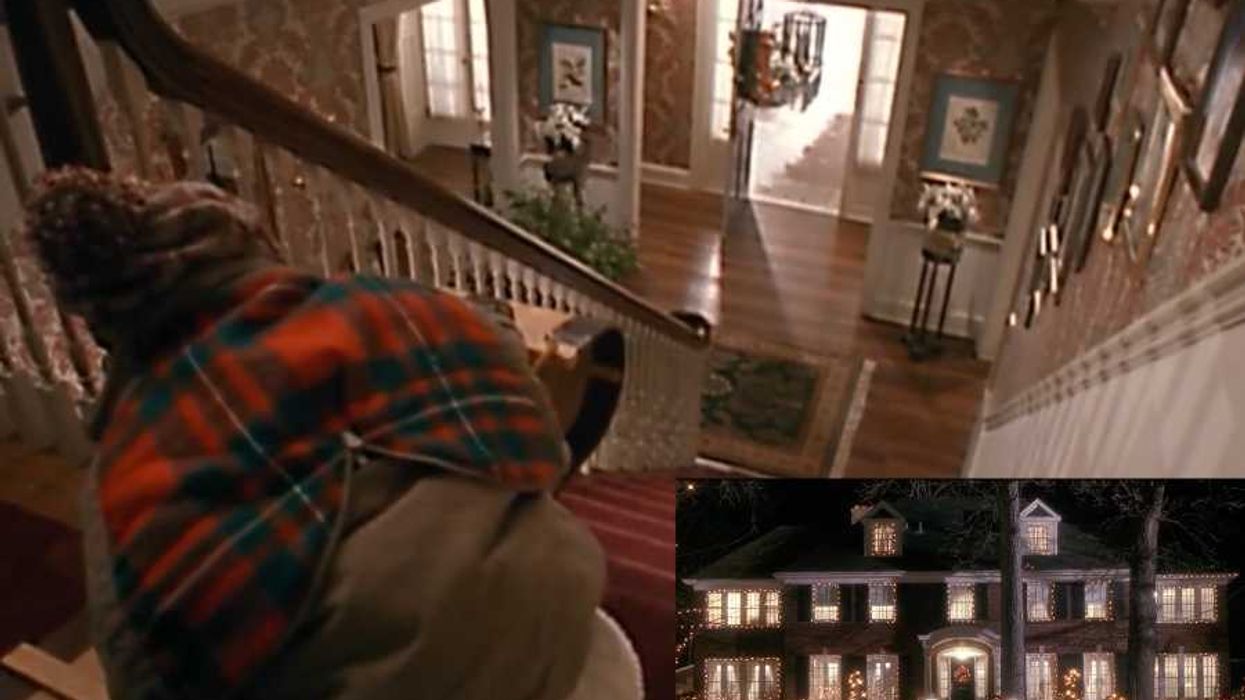Minor league baseball teams are long known to resort to wacky gimmicks (Hawaiian shirts, Trump themes, even just being generally “awful”) to drive attendance, but one team is finding itself without an excuse for a promoted theme night that critics are accusing of being sexist.
The Ogden Raptors (Utah), a Dodger rookie league team recently sent out the announcement (which has since been removed), of an “Hourglass Appreciation Night.” If the thinly veiled innuendo of the name managed to sneak past you, the heavy-handed description on the now-removed post will remove all doubt (via Deadspin):
The home team hosts the Billings Mustangs, but the real thoroughbreds will join Raptors broadcaster A.P. Harreld in the booth. Since August is the eighth month of the calendar year, and an 8 looks tantalizingly similar to an hourglass, be there a better way to remind the world that baseball needs no clock than to feature 18 hourglass-shaped color commentators?
That’s right! Stars Talent Studio of Salt Lake City will provide a different stunner each half inning. And the Raptors will video stream the broadcast booth—well, at least the better-looking half of it!
[...]
Fans will have the opportunity to pose for pictures with the lovely ladies as we showcase seriously splendid visual appeal: Utah’s legendary mountains, Dodgers and Reds farmhands –and gorgeous women whose curves rival those of any stud pitching prospect!
The following tweet shows the actual imagery used by the team in its promotion:
The tone-deaf sexism created a backlash of criticism, prompting the team to realize that referring to women as “thoroughbreds” is unacceptable. The team replaced the original announcement with a statement from the team’s president that, in its own antiseptic, finger-pointing way, offers something resembling an apology:
The Ogden Raptors regret that an unauthorized press release was disseminated over the weekend announcing a promotion that was not approved or scheduled by club ownership or management.
This promotion will not take place and steps have been put in place to ensure this will not happen again.
The Ogden Raptors offer a sincere apology to anyone who was offended by the promotion itself and the contents of the press release, and in no way supports or condones the objectification of women. It is not reflective of the values of the Ogden Raptors, Los Angeles Dodgers organization, the Pioneer Baseball League, or Minor League Baseball


















 The Emergency Department.Photo credit:
The Emergency Department.Photo credit:  Little girl with a splinter.Photo credit:
Little girl with a splinter.Photo credit:  Woman on phone after car accident.Photo credit:
Woman on phone after car accident.Photo credit: 

 A hotel clerk greets a guestCanva
A hotel clerk greets a guestCanva Gif of Faye Dunaway' as Joan Crawford demanding respect via
Gif of Faye Dunaway' as Joan Crawford demanding respect via  An empty rooftopCanva
An empty rooftopCanva
 A road near equatorial Atlantic OceanCanva
A road near equatorial Atlantic OceanCanva Waves crash against rocksCanva
Waves crash against rocksCanva

 Two people study a mapCanva
Two people study a mapCanva Foggy Chinese villageCanva
Foggy Chinese villageCanva